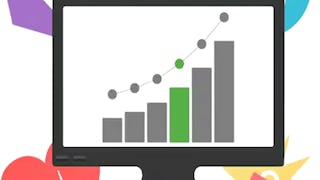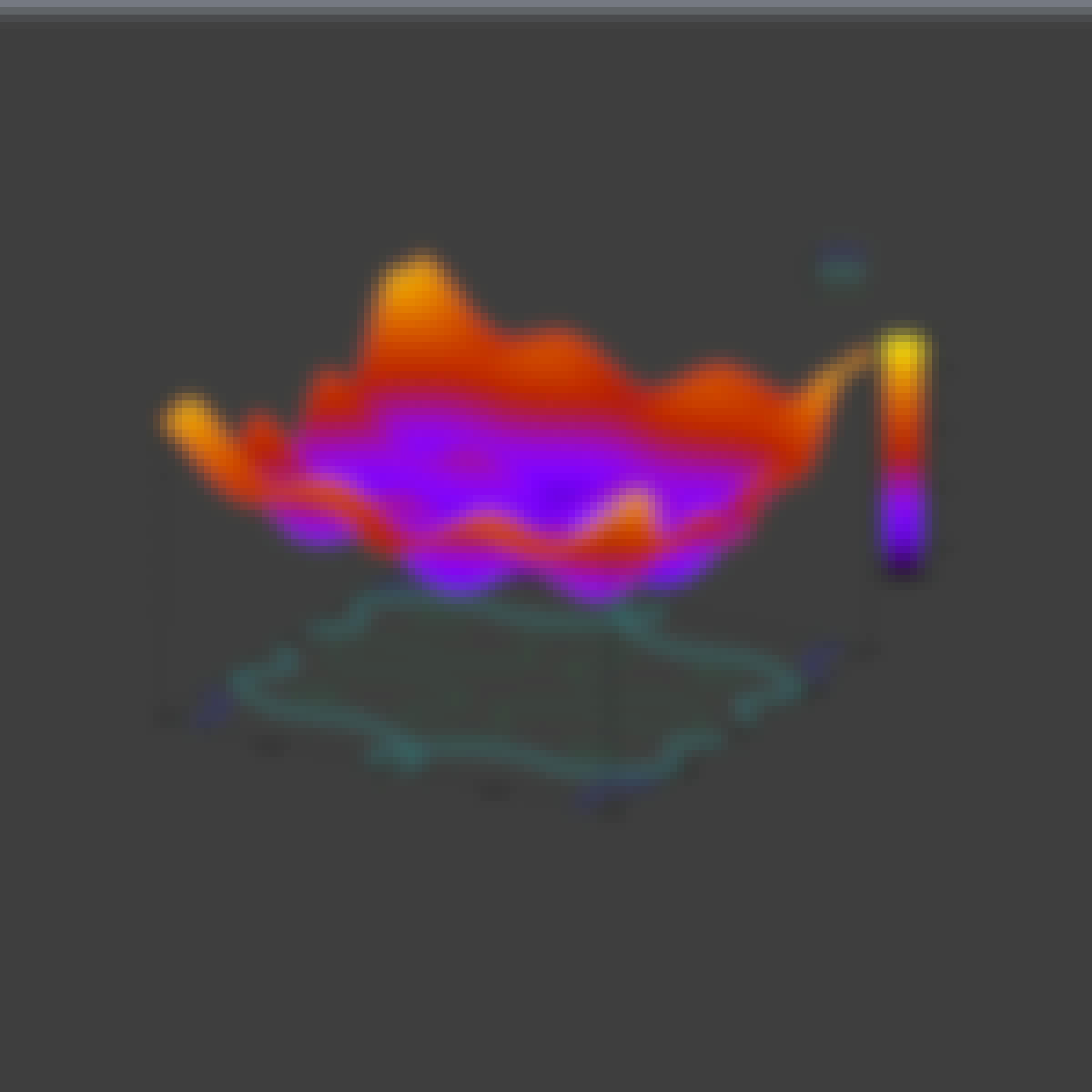- Browse
- Cluster Analysis
Results for "cluster analysis"
 Status: NewNewStatus: Free TrialFree Trial
Status: NewNewStatus: Free TrialFree TrialSkills you'll gain: Systems Thinking, Data Ethics, Data Quality
4.5·Rating, 4.5 out of 5 stars26 reviewsBeginner · Course · 1 - 3 Months
 Status: Free TrialFree TrialV
Status: Free TrialFree TrialVVanderbilt University
Skills you'll gain: Generative AI, Data Literacy, Data-Driven Decision-Making, Data Analysis, Exploratory Data Analysis, Descriptive Statistics, Prompt Engineering, Analytical Skills, Artificial Intelligence, Probability & Statistics, Decision Making
4.2·Rating, 4.2 out of 5 stars13 reviewsBeginner · Course · 1 - 4 Weeks
 Status: Free TrialFree TrialU
Status: Free TrialFree TrialUUniversity of Colorado System
Skills you'll gain: Natural Language Processing, Text Mining, Clinical Informatics, Clinical Documentation, Clinical Data Management, R Programming, Google Cloud Platform, Health Informatics, Unstructured Data, Data Processing
3.7·Rating, 3.7 out of 5 stars23 reviewsIntermediate · Course · 1 - 3 Months
 Status: PreviewPreviewÉ
Status: PreviewPreviewÉÉcole Polytechnique Fédérale de Lausanne
Skills you'll gain: Mechanics, Torque (Physics), Vibrations, Physics, Differential Equations, electromagnetics, Engineering Analysis, Calculus, Applied Mathematics, Trigonometry, Mathematical Modeling
4.8·Rating, 4.8 out of 5 stars40 reviewsMixed · Course · 1 - 3 Months
 Status: Free TrialFree TrialU
Status: Free TrialFree TrialUUniversity of Colorado Boulder
Skills you'll gain: Statistical Modeling, Statistical Machine Learning, Data Science, Statistical Methods, Statistical Analysis, Model Evaluation, Regression Analysis, Predictive Modeling, R Programming, Machine Learning, Classification Algorithms, Supervised Learning, Unsupervised Learning, Machine Learning Algorithms
Build toward a degree
3.9·Rating, 3.9 out of 5 stars15 reviewsIntermediate · Course · 1 - 3 Months
 Status: Free TrialFree TrialL
Status: Free TrialFree TrialLL&T EduTech
Skills you'll gain: Oil and Gas, Petroleum Industry, Big Data, Data Management, Data Processing, Artificial Intelligence and Machine Learning (AI/ML), Process Engineering, Geostatistics, Anomaly Detection, Image Analysis, Production Process, Machine Learning, Artificial Intelligence, Physical Science, Natural Resource Management, Exploratory Data Analysis
4.8·Rating, 4.8 out of 5 stars54 reviewsBeginner · Course · 1 - 4 Weeks
 Status: Free TrialFree TrialW
Status: Free TrialFree TrialWWest Virginia University
Skills you'll gain: Sales Management, Sales Territory Management, General Sales Practices, Training and Development, Sales Process, Sales Strategy, Organizational Structure, Compensation Management, Recruitment, Employee Performance Management, Interviewing Skills
4.8·Rating, 4.8 out of 5 stars40 reviewsMixed · Course · 1 - 4 Weeks

Skills you'll gain: Product Knowledge, Product Marketing, Product Management, Product Assortment, Product Strategy, Go To Market Strategy, Product Development, New Product Development, Performance Analysis
4.3·Rating, 4.3 out of 5 stars41 reviewsIntermediate · Guided Project · Less Than 2 Hours

Skills you'll gain: Microsoft Excel, Spreadsheet Software, Microsoft Office, Computer Literacy
4.6·Rating, 4.6 out of 5 stars105 reviewsIntermediate · Guided Project · Less Than 2 Hours
 Status: Free TrialFree Trial
Status: Free TrialFree TrialSkills you'll gain: Product Knowledge, Selling Techniques, Target Audience, Customer Relationship Building, General Sales Practices, Sales Prospecting, Verbal Communication Skills, Closing (Sales), Business-To-Consumer, Sales, Communication, Company, Product, and Service Knowledge, Customer Analysis, Sales Strategy, Customer Engagement, Consumer Behaviour
4.9·Rating, 4.9 out of 5 stars17 reviewsIntermediate · Course · 1 - 4 Weeks

Skills you'll gain: Model Evaluation, Scikit Learn (Machine Learning Library), Regression Analysis, Performance Tuning, Applied Machine Learning, Machine Learning Methods, Machine Learning, Bayesian Statistics, Data Analysis
4.9·Rating, 4.9 out of 5 stars8 reviewsBeginner · Guided Project · Less Than 2 Hours
 Status: PreviewPreviewC
Status: PreviewPreviewCCalifornia Institute of the Arts
Skills you'll gain: Typography, Infographics, Graphic and Visual Design, Computer Graphics, Visualization (Computer Graphics), Design, Graphic Design, Design Elements And Principles, Color Theory, Image Analysis, Adobe Photoshop, Adobe Creative Cloud, Creativity
4.4·Rating, 4.4 out of 5 stars19 reviewsBeginner · Course · 1 - 4 Weeks
In summary, here are 10 of our most popular cluster analysis courses
- Introducing Data Analytics and Analytical Thinking: Google
- From Data to Decisions: Getting Started with AI: Vanderbilt University
- Clinical Natural Language Processing: University of Colorado System
- Mécanique du point matériel: École Polytechnique Fédérale de Lausanne
- Regression and Classification: University of Colorado Boulder
- AI & ML Applications in Oil and Gas Industry: L&T EduTech
- Sales Operations: Final Project: West Virginia University
- A Start Guide: Product Marketing Using G Suite: Coursera
- How to use Custom and Conditional Formatting in Excel: Coursera
- Business-to-Consumer (B2C) Sales Strategies and Techniques: Coursera










